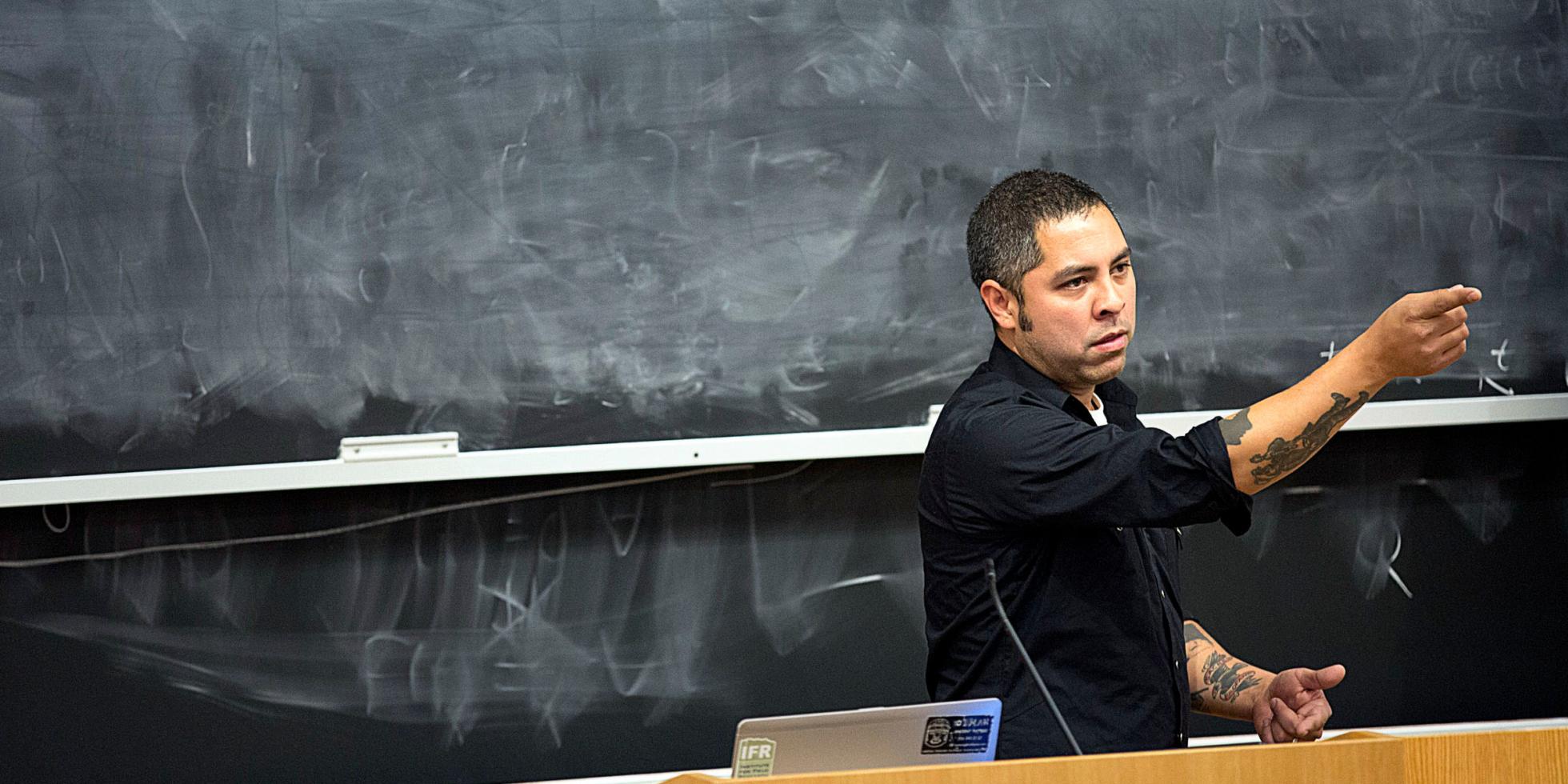We offer a rigorous and comprehensive curriculum at the University of Chicago, including an undergraduate major and minor in human rights.
Our faculty are leaders in the field of human rights, with expertise in areas such as transitional justice, humanitarian intervention, and human rights advocacy.
At the Pozen Family Center for Human Rights, we believe that human rights are essential to a just and peaceful world. Our curriculum prepares students to become effective and compassionate leaders in the global human rights movement.
As an interdisciplinary center, we encourage students from all fields of study to take human rights courses.
Human Rights Courses
The human rights curriculum includes introductory courses on the philosophical foundations and contemporary issues in human rights, as well as elective courses with disciplinary, thematic, and/or regional perspectives.
College students can also enroll in our Human Rights in World Civilizations Core sequence or the Spring Quarter study abroad in Paris.
Current Courses
The human rights courses currently being offered are included below.
The list is subject to change. Human rights courses and cross-listed courses in human rights are updated when details become available. For the most up-to-date information about schedule and classroom details, use the Class Search on the Academic Information System.
The following notations at the bottom of each course description denote which human rights major requirements the course satisfies:
- Required: This is a required course for the major.
- Hum Foundation: This course satisfies the Humanities Foundation requirement.
- Soc Foundation: This course satisfies the Social Sciences Foundation requirement.
- Context: This course satisfies an elective requirement in the Context Stream.
- Crisis: This course satisfies an elective requirement in the Crisis Stream.
- R2HR: This course satisfies an elective requirement in the Right to Have Rights Stream.
- Theory: This course satisfies an elective requirement in the Theory Stream.
- Transition: This course satisfies an elective requirement in the Transition Stream.
You can also browse our previous course offerings.
Contact Prof. Ben Laurence with questions about human rights course administration.

